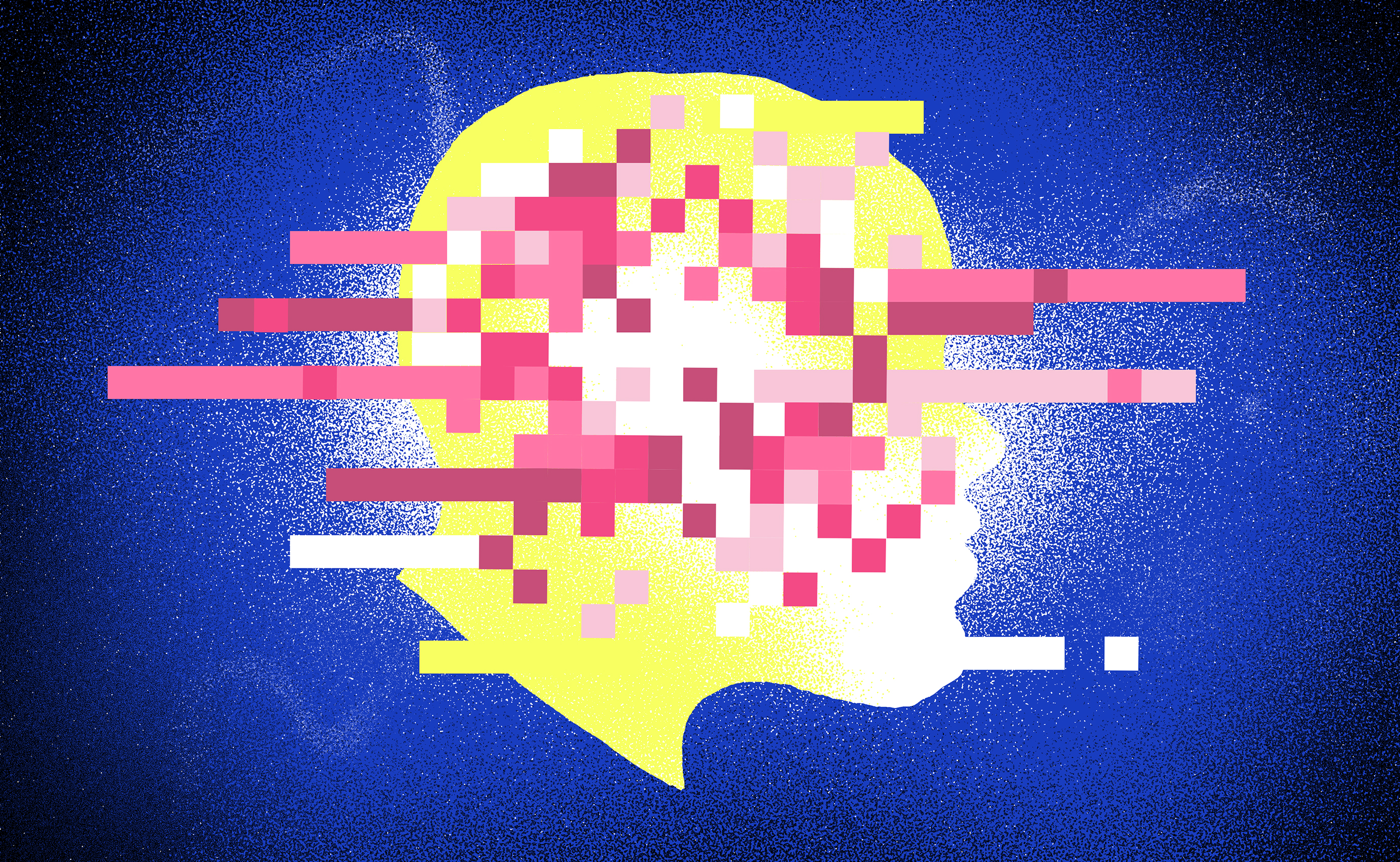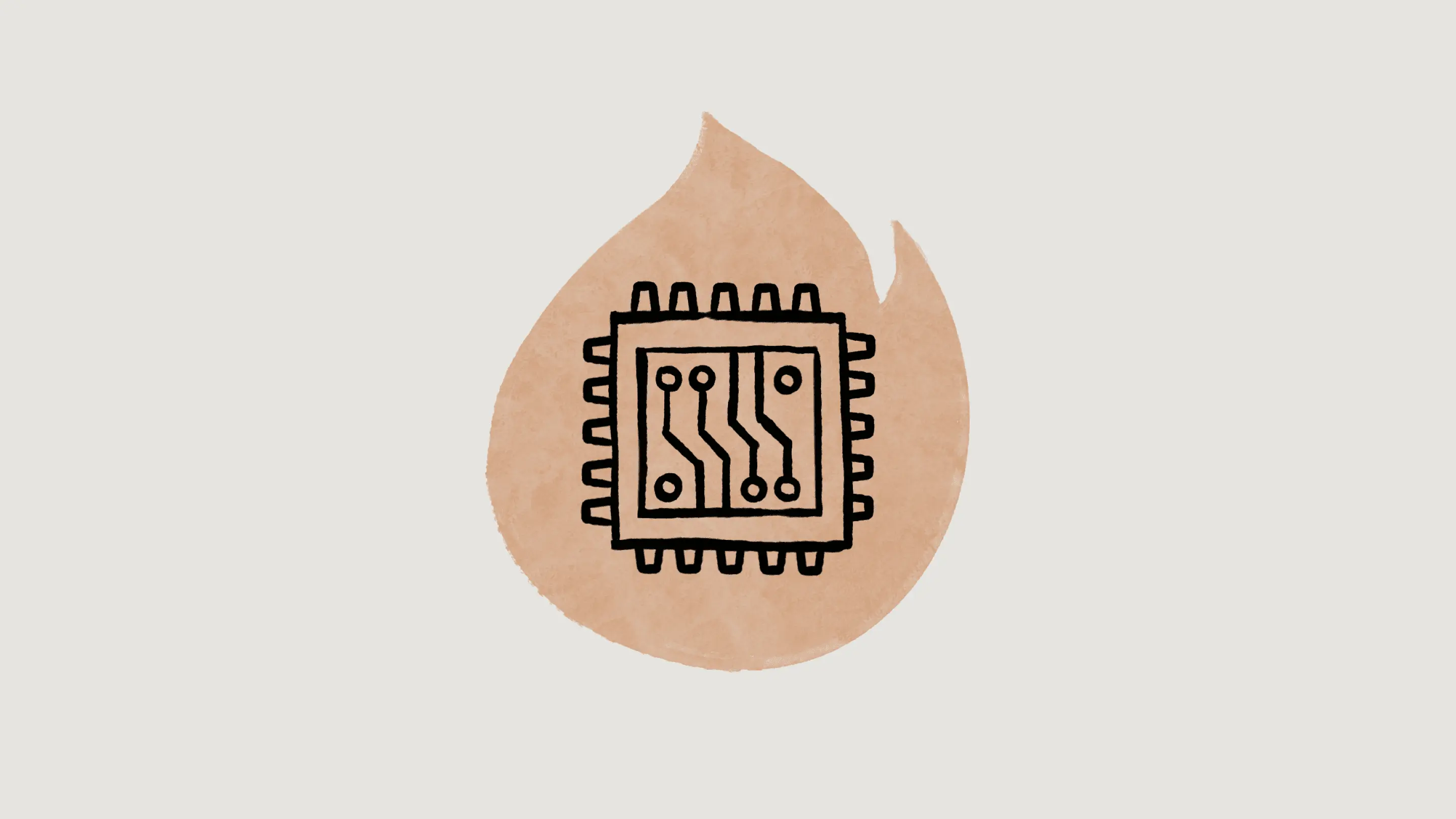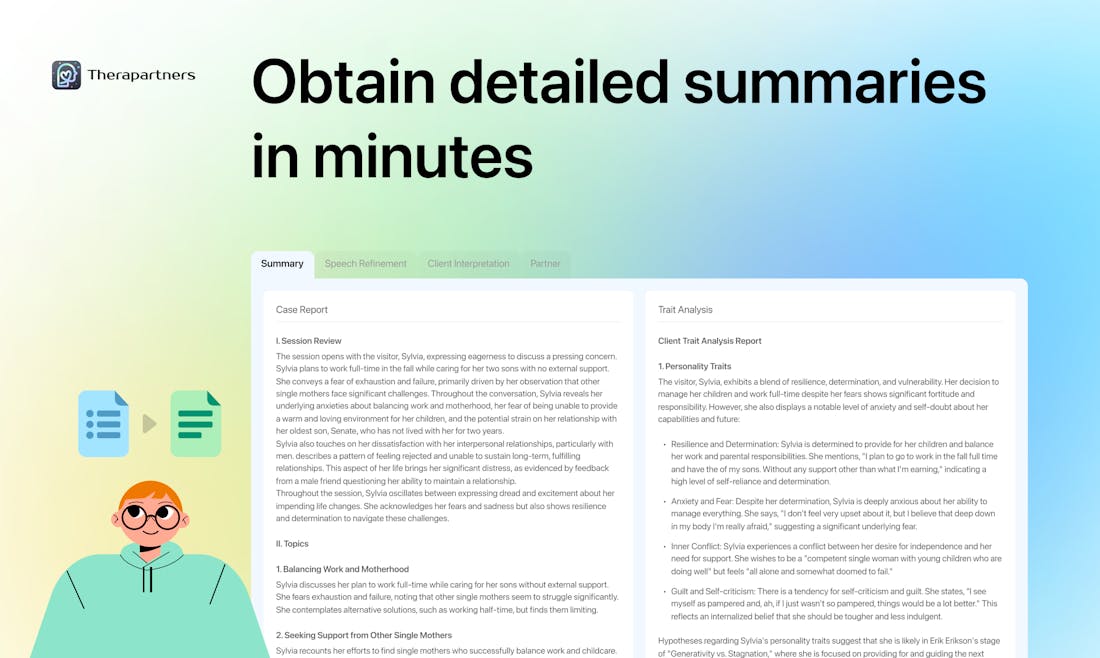- Superpower Daily
- Posts
- YouTube now allows AI-generated content removal requests (If it simulates your face or voice)
YouTube now allows AI-generated content removal requests (If it simulates your face or voice)
We analyzed 16,625 papers to figure out where AI is headed next
In today’s email:
🔥 My fine-tuned models beat OpenAI’s GPT-4
🐣 What makes a good tree? We used AI to ask birds
🥰 AI Love Island - Multi-Agent Text-Based Dating Simulation Game
🧰 7 new AI-powered tools and resources. Make sure to check the online version for the full list of tools.



YouTube has introduced a new policy allowing individuals to request the removal of AI-generated content that mimics their face or voice. This update, implemented in June, is part of YouTube's privacy request process and builds on its responsible AI agenda announced last November. The policy requires first-party claims, except in cases involving minors, deceased individuals, or others who cannot access a computer. The request does not guarantee removal, as YouTube will evaluate the complaint based on factors such as whether the content is labeled as synthetic, its public interest value, and if it involves a public figure in sensitive contexts.
When a takedown request is made, YouTube will give the uploader 48 hours to address the complaint before initiating a review. If the content is removed within this period, the complaint is closed. Removal means the complete deletion of the video and any related personal information in titles, descriptions, and tags. However, simply making the video private is not sufficient, as it can be made public again. YouTube also introduced a tool in Creator Studio for creators to disclose AI-generated content and is testing a feature for users to add contextual notes to videos.
YouTube's stance on AI remains supportive, with the company experimenting with generative AI features like comment summarizers and conversational tools. However, AI content must still comply with YouTube's Community Guidelines, and labeling it as AI-generated does not guarantee protection from removal. Privacy complaints are distinct from Community Guidelines strikes, and a privacy complaint will not automatically result in a strike. Nevertheless, repeated privacy violations can lead to actions against the creator's account.
Rename multiple files with Riffo and say Google to your messy filenames!
Riffo is a free, AI-powered tool that automates batch file renaming with intelligent renaming capabilities. It can consistently adjust file names based on their content. Just simply drag files into the Riffo interface, and it will automatically rename multiple files simultaneously according to their content.
Riffo also has a wide range of applications. For instance, you can use Riffo's batch file renaming feature to quickly locate specific files among a large volume of unorganized documents. Additionally, Riffo eliminates the need for renaming files individually, streamlining workflow, and enhancing work efficiency. This tool not only saves time but also reduces the potential for renaming errors.
A wide range of file formats supported by Riffo, including JPEG, DOC, PDF, and GIF.

Our analysis of 25 years of artificial intelligence research reveals the potential decline of deep learning, despite its current dominance. This method, which uses statistics to detect patterns in data, has revolutionized technologies like Google’s search, Facebook’s news feed, and Netflix’s recommendation engine. However, deep learning's prominence is relatively recent, emerging strongly in the early 2010s. Historically, AI research has seen various techniques rise and fall in popularity, often dictated by pivotal breakthroughs or limitations of preceding methods.
In the late 1990s and early 2000s, AI research transitioned from knowledge-based systems, which relied on manually encoded rules, to machine learning, which automatically extracts rules from data. This shift was necessary due to the inefficiency and high costs associated with the former approach. Within machine learning, deep learning gained traction after a significant breakthrough in 2012 by Geoffrey Hinton, which showcased its superior accuracy in image recognition. This success spurred widespread adoption and further research, solidifying its status within the AI community.
Recently, reinforcement learning, a technique inspired by training animals through rewards and punishments, has seen a surge in interest. This method gained prominence after DeepMind's AlphaGo, trained using reinforcement learning, defeated the world champion in the game of Go in 2015. This event highlighted its potential and sparked a renewed focus on its applications. As AI research continues to evolve, experts like Pedro Domingos suggest that the dominance of deep learning may wane, making way for new or rediscovered techniques to shape the next era of artificial intelligence.

Anthropic has announced a new program to fund the development of advanced AI benchmarks that evaluate both the performance and impact of AI models, including its own generative model, Claude. This initiative aims to address the current shortfall in high-quality, safety-relevant evaluations, particularly in areas like AI security and societal implications. Interested third-party organizations can apply for funding on a rolling basis, with the goal of developing benchmarks that can assess capabilities such as cyberattacks, misinformation, and the potential enhancement of weapons of mass destruction.
The program is also focused on supporting research into AI’s potential for aiding scientific study, multilingual communication, and mitigating biases. Anthropic envisions creating new platforms that enable subject-matter experts to develop their evaluations and conduct large-scale trials. The company has hired a full-time coordinator and may invest in or expand promising projects, offering a range of funding options tailored to different project needs.
Despite the positive intentions, there are concerns about Anthropic's commercial interests potentially influencing the definitions of “safe” and “risky” AI within the funded evaluations. Critics argue that the focus on catastrophic AI risks, like those related to nuclear weapons, may divert attention from more immediate regulatory issues. Nonetheless, Anthropic hopes its program will set a new industry standard for comprehensive AI evaluation, fostering collaboration and progress in the AI community.
Other stuff
My fine-tuned models beat OpenAI’s GPT-4 🔥🔥
What makes a good tree? We used AI to ask birds 🔥
Jeanette Winterson | On AI’s parallels with religion and the need for alternative intelligence 🔥
Meta changes its label from ‘Made with AI’ to ‘AI info’ to indicate use of AI in photos
AI Love Island - Multi-Agent Text-Based Dating Simulation Game 🔥
With Amazon’s hiring of the team behind a buzzy AI startup, a pattern is emerging: the reverse acquihire.
The AI we could have had
All your ChatGPT images in one place 🎉
You can now search for images, see their prompts, and download all images in one place.


Supercharge your slides with Plus AI

AAIELA: AI-Assisted Image Editing with Language and Audio

Play AI - The Voice Interface of AI

Canyon - Land your dream job faster

WebSim - AI web editor and simulator

Therapartners - Your AI-powered therapy assistant

ScienHub - AI-empowered LaTeX collaboration platform



How did you like today’s newsletter? |
Help share Superpower
⚡️ Be the Highlight of Someone's Day - Think a friend would enjoy this? Go ahead and forward it. They'll thank you for it!
Hope you enjoyed today's newsletter
Did you know you can add Superpower Daily to your RSS feed https://rss.beehiiv.com/feeds/GcFiF2T4I5.xml
⚡️ Join over 200,000 people using the Superpower ChatGPT extension on Chrome and Firefox.
OR



